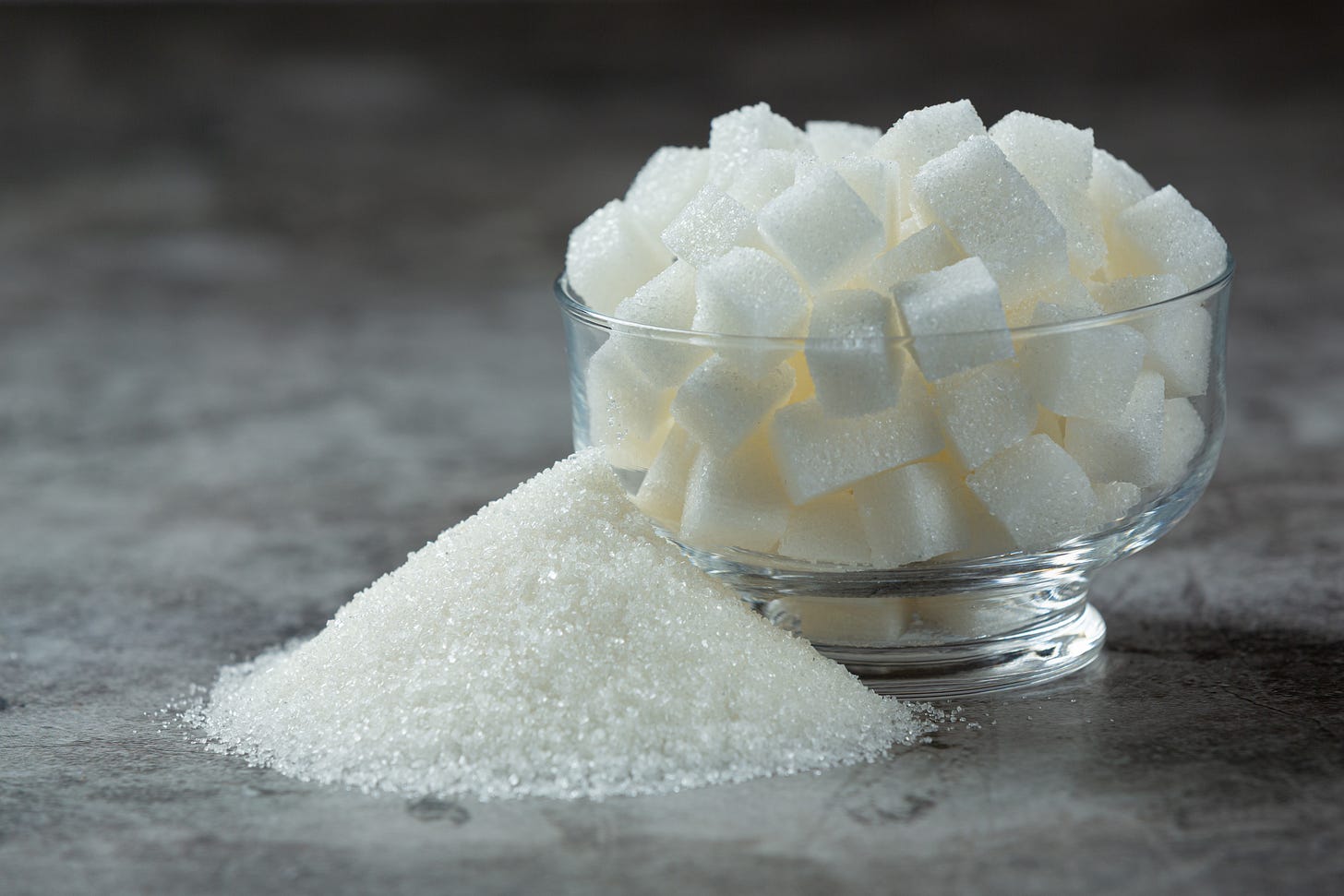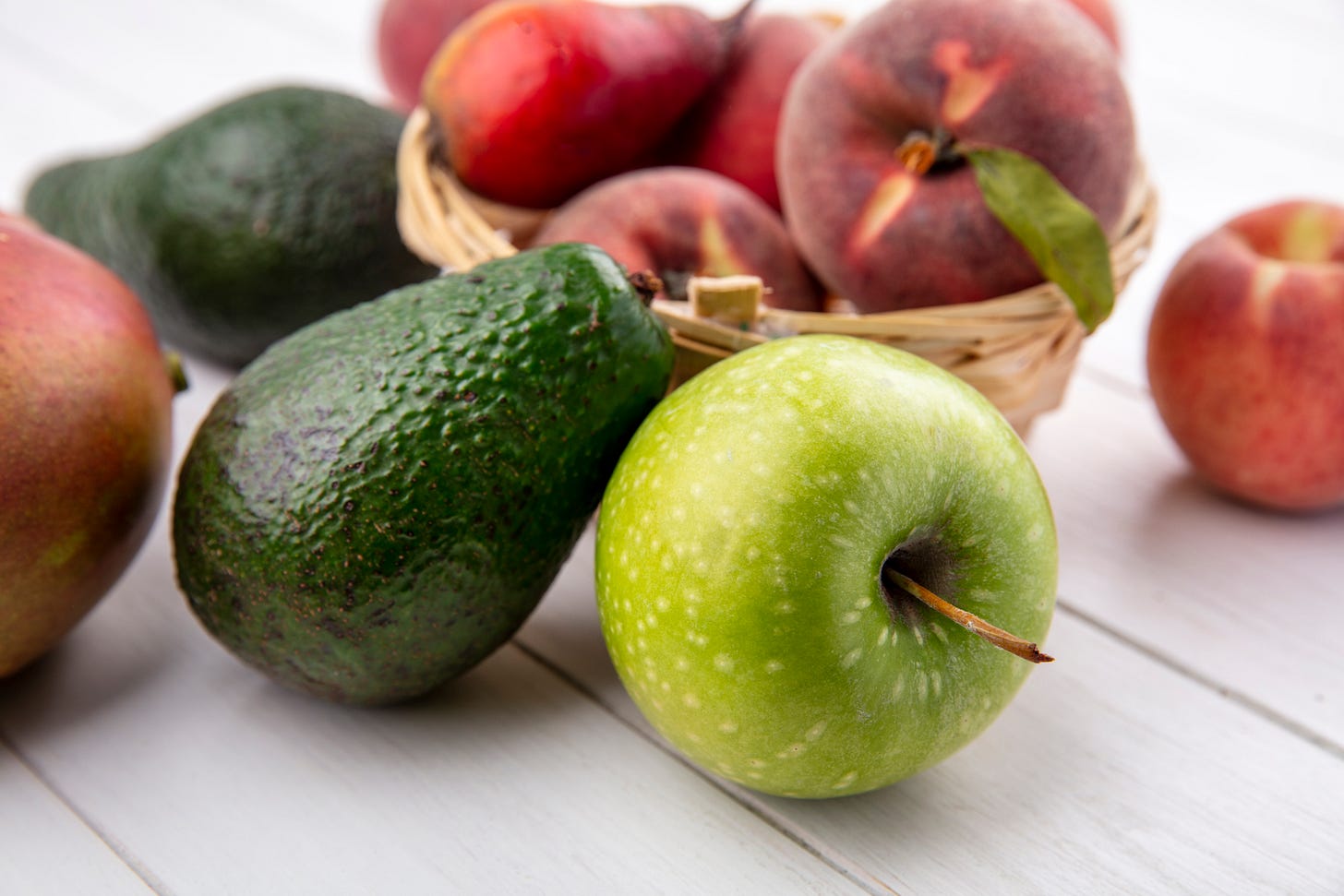[Blog] Ep 10. Ten Foods to Avoid & Ten Foods to Offer When Starting Solids
Start solids the right way!
Introduction
Introducing solids to your baby is an exciting and nerve-wracking milestone. The Modern Indian Parent podcast, hosted by Rinie Gupta and Sanchita Daswani, provides invaluable guidance for modern parents looking to navigate this phase with confidence and clarity. In this episode, they discuss common misconceptions around infant nutrition and highlight foods to avoid and foods to prioritize when starting solids. Below is a detailed look at the ten foods parents should avoid and ten nourishing, safe foods to introduce to your baby.
10. Ten Foods to Avoid & Ten Foods to Offer When Starting Solids
In this episode of the Modern Indian Parent podcast, Sanchita and Rinie dive deep into the topic of starting solids for babies. They outline the ten foods parents should absolutely avoid, such as honey, sugar substitutes, and certain choking hazards, emphasizing the importance of making safe choices during this crucial developmental stage. Sanchita, a p…
Foods to Avoid
1. Rice Cereal
Once considered the gold standard for a baby’s first food, rice cereal is now falling out of favor. Sanchita explain that rice cereal is not as nutrient-dense as once thought. It’s often heavily processed and lacks essential vitamins and minerals. More importantly, there's a growing concern about arsenic content in rice products, which can be harmful to infants. Opt for whole grain alternatives like oats or millets, which offer more nutritional value and variety in taste and texture.
2. Salt
Babies' kidneys are not mature enough to handle excess sodium, making salt a definite no in the first year. Babies can only handle 400 mg of salt, out of which 200 mg salt comes from milk directly, and the other 200 mg comes from fruits, vegetables, and grains- with natural sodium. Post 1 year, you can add a pinch of salt as their intake doubles.
3. Sugar
Like salt, added sugars should be avoided in infants’ diets. Sugar offers no nutritional benefit and can increase the risk of childhood obesity and dental issues. Avoid sweetening foods with honey, jaggery, or processed sugars. Rinie and Sanchita stress the importance of allowing babies to experience natural flavors rather than developing a preference for sweet foods.
4. Biscuits
A common snack offered by well-meaning relatives, biscuits are highly processed, loaded with sugar, salt, and unhealthy fats. They might appear harmless but are far from appropriate for a baby’s developing system. Instead of reaching for a biscuit, try steamed fruits or soft finger foods that encourage self-feeding and nutrient intake.
5. Honey
Though natural, honey poses a serious health risk to infants under one due to the potential presence of Clostridium botulinum spores, which can lead to infant botulism—a rare but potentially fatal illness. This includes raw and processed honey. Even a small amount can be dangerous, so it's best to avoid honey completely until after the first birthday.
6. Juice
Juices, even if labeled as 100% fruit, are not recommended for babies. As the podcast hosts point out, juice lacks the fiber found in whole fruit and is often high in natural sugars. Drinking juice can fill babies up, reducing their appetite for more nutritious foods. Water and breastmilk/formula are the only liquids your baby needs in the first year.
7. Choking Hazards
Choking is a major concern when introducing solids. Foods like whole grapes, large pieces of nuts, popcorn, hard candy, and chunks of raw vegetables should be avoided. Always cut foods into age-appropriate sizes and supervise your child during meals. Soft, well-cooked, and mashed foods are safer for young eaters.
8. Dal Ka Paani
A traditional food in many Indian households, “dal ka paani” (lentil water) is often offered as a first food. However, it is largely devoid of nutrition, providing minimal protein or calories. The podcast debunks the myth that this watery concoction is beneficial. Instead, offer mashed dal (lentils) which retain nutrients and help your baby experience real texture and taste.
9. Cow’s Milk
As discussed in depth in the episode, cow’s milk should not be used as a primary drink before the age of one. Its high protein content is hard for babies to digest and it lacks essential nutrients like iron, increasing the risk of iron deficiency anemia. Sanchita highlights the World Health Organization’s nuanced stance on this: cow’s milk may be used in extreme circumstances where formula is unavailable, but it’s not ideal. Use it sparingly in cooking only after introducing other dairy like yogurt.
10. Allergens (Without Guidance)
Allergens such as peanuts, eggs, shellfish, and wheat should not be avoided altogether, but their introduction should be timely and deliberate. Avoid introducing multiple allergens at once and never introduce a potential allergen when your baby is sick or immunized. Sanchita recommends introducing allergens one at a time, in small amounts, and monitoring for 2-3 days for any reaction.
Top Foods to Start Solids With
1. Vegetables
Steamed and mashed vegetables like carrots, sweet potatoes, pumpkins, and peas are excellent first foods. They are rich in vitamins, minerals, and fiber. Vegetables also expose babies to a wide variety of flavors early on, promoting acceptance of different tastes.
2. Fruits
Fruits like bananas, apples (steamed), pears, and avocados are nutrient-dense and naturally sweet. They are easy to digest and can be served mashed or as soft finger foods. Avocados, in particular, are a great source of healthy fats.
3. Whole Grains
Oats, ragi (finger millet), and quinoa are great alternatives to refined rice cereal. They offer fiber, iron, and sustained energy. You can prepare them as porridge, mix them with fruits, or blend with vegetables for a complete meal.
4. Lentils and Legumes
Mashed dals (lentils), moong, and chickpeas are protein-rich and iron-dense. They support muscle development and are easy on the stomach when prepared properly. Combine them with grains for a wholesome vegetarian meal.
5. Iron-Fortified Cereals (Minimal Processing)
If you choose a store-bought cereal, look for brands that are iron-fortified and minimally processed. Iron is essential for babies' brain development, especially after six months when their natural reserves deplete.
6. Full-Fat Dairy (Post-Yogurt Introduction)
Once yogurt has been introduced and tolerated, you can slowly add cheese or paneer in small amounts. These foods offer protein, calcium, and healthy fats needed for growth. Always ensure dairy is pasteurized and fresh.
7. Eggs (After Individual Testing)
Eggs are a fantastic source of protein, choline, and healthy fats. Start with fully cooked yolks and move to whole eggs once tolerated. Introduce them individually to monitor for any allergic reactions.
8. Nut Butters (Once Allergens Tested)
After testing for nut allergies, you can offer thin layers of nut butters like almond or peanut butter. They provide protein and healthy fats and can be mixed with fruits, grains, or yogurt. Always ensure they are smooth and not chunky to avoid choking.
9. Ghee and Healthy Oils
Ghee, in small amounts, can be a great addition to baby’s meals. It helps in brain development and supports digestion. Olive oil and cold-pressed oils are also safe when used sparingly in cooking.
10. Finger Foods
Once your baby is ready for self-feeding, introduce soft finger foods like well-cooked carrot sticks, avocado slices, and banana segments. These not only promote motor skill development but also encourage a positive relationship with food.
Final Thoughts
The journey of starting solids is as much about nourishing your baby as it is about setting the foundation for a lifetime of healthy eating. This episode offers a refreshing, evidence-based approach to early nutrition, blending cultural practices with scientific recommendations.
Avoiding highly processed, salty, and sugary foods and embracing a wide array of nutrient-dense whole foods can make the process enjoyable and beneficial for both parent and baby. Introduce foods one at a time, watch for cues, and don’t be afraid to move away from outdated traditions in favor of better, baby-friendly nutrition.
By following these guidelines, you're not only feeding your child, you’re shaping their health, palate, and relationship with food for years to come.
10. Ten Foods to Avoid & Ten Foods to Offer When Starting Solids
In this episode of the Modern Indian Parent podcast, Sanchita and Rinie dive deep into the topic of starting solids for babies. They outline the ten foods parents should absolutely avoid, such as honey, sugar substitutes, and certain choking hazards, emphasizing the importance of making safe choices during this crucial developmental stage. Sanchita, a p…





